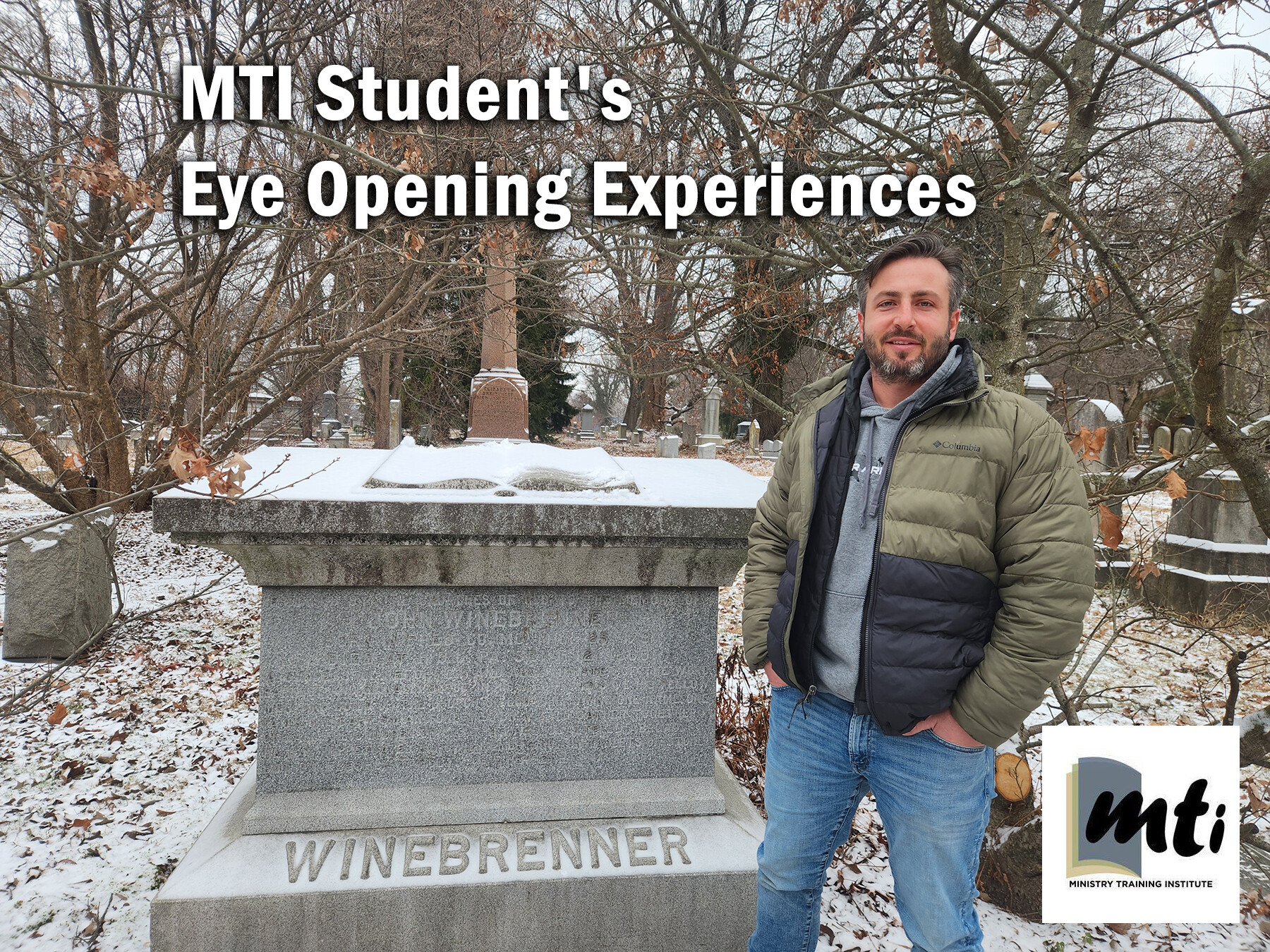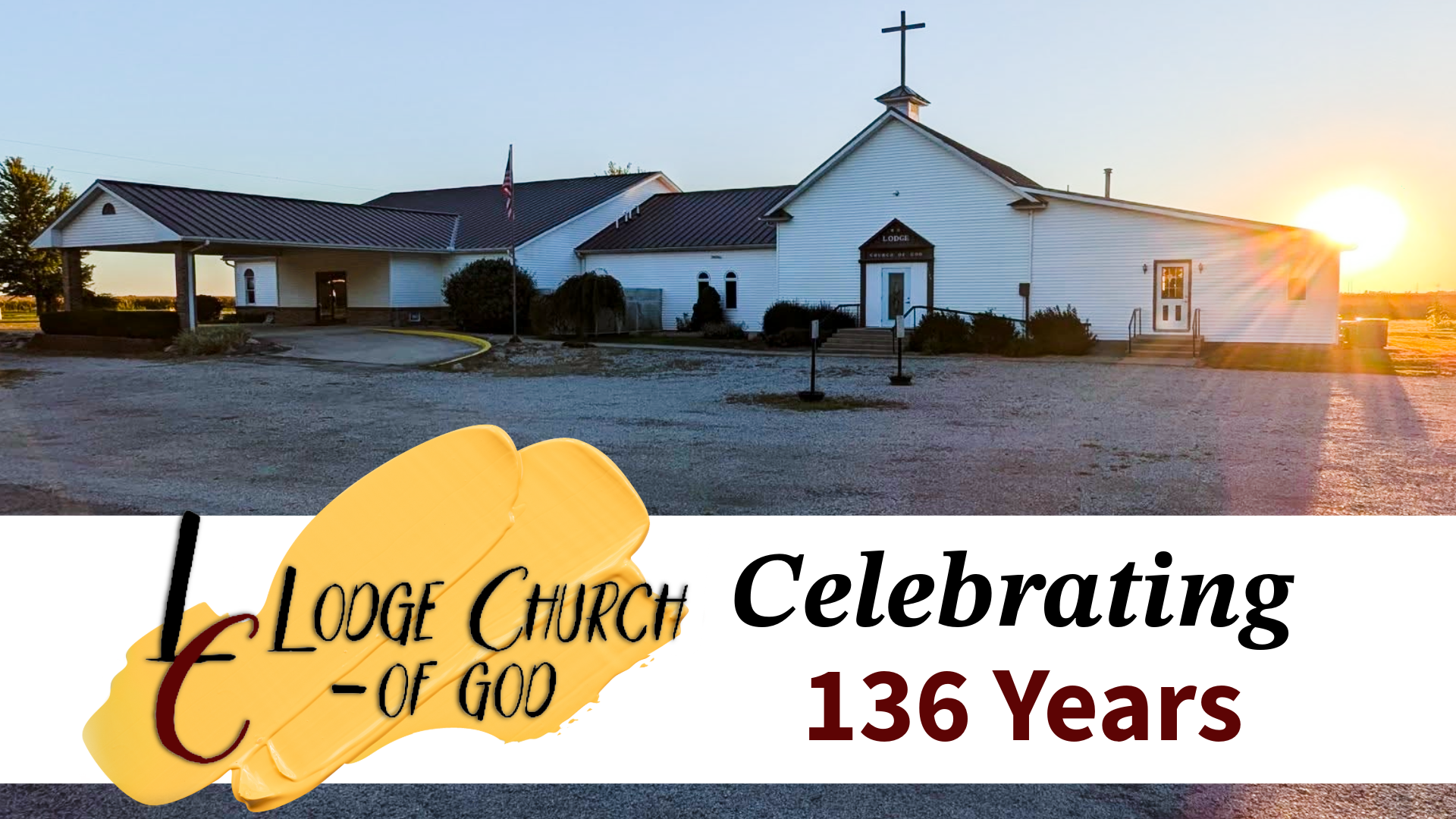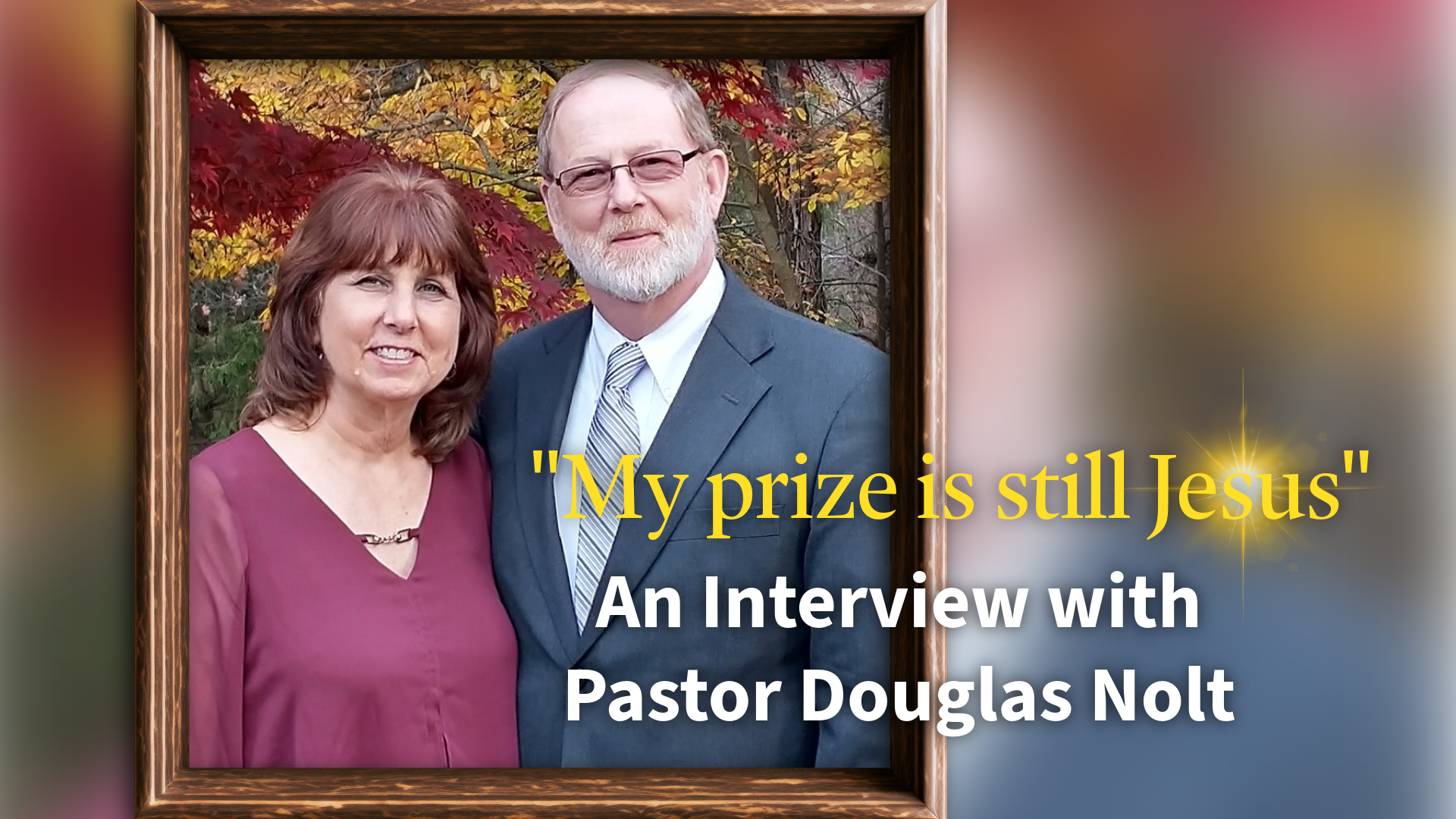
This week the CGGC office directors (Lance, Kathy, Travis, and myself) are out on a road trip to Double Gap Center Camp YoliJwa, in eastern Pennsylvania. We’re all here for different reasons but for the focus of today’s blog, we were able to sit in and contribute to a History and Polity class.
If you don’t know, pastors in the CGGC are often required, (and sometimes just strongly encouraged) to take part in a course designed to teach them about the history of the denomination, as well as the organizational structure and current operations (here named ‘polity’). In doing so, prospective pastors and ministry leaders acquaint themselves with the core characteristics, both historically and presently, of the CGGC. In this case, the course was led by Dr. Michael Walker and Pastor Ed Rosenberry, and taught through MTI (Ministry Training Institute).
In our roles at the office, it’s always beneficial to meet with new, up and coming ministry leaders so we can start building relationships early. Likewise, we think it’s a great time to show them all that the regions and national office have to offer. Frankly, there’s just so much information to take in, so many resources available at both the regional and national levels that even I was struggling to keep track of it all.
As a pastor whose been through a history and polity class myself, it's always eye opening to experience (or reexperience) the breadth and width of John Winebrenner’s dynamism and passion. It’s also just plain exciting to learn about the scope of the denomination when your frame of reference has been limited to a single church or ministry.
Learning about all of the figures, churches, organizations, and movements that precipitated this moment, and all of the churches and figures who are working alongside us right now, makes the work feel so much more communal and relational. We’re not out here alone toiling for the Lord. Wherever we are, we are part of the larger body of Christ, around the globe, throughout history. Connected intimately to every believer. It’s a powerful paradigm shift and it’s awesome to watch that paradigm shift happen in real time.
So, in light of that, we took some time to ask the students about their experience in the class. Joining us are two of the students from this semesters course, Tony Campisi, Youth Director at Friendship Community Church in Dover, PA, and Devin Horne, a church council president at Walnut Grove Church of God, and a district judge.
How much of the CGGC’s History did you know before you took this course?
Tony: "The only thing I really studied prior was [general] church history, not the denomination history, so very little, if any."
Devin: "The last 2 years, I've been at the [ERC] conference in the Spring and got to see and hear a lot as a council president. And I knew all the ordinances, but I learned a tremendous amount. I didn't know the earlier history about John Winebrenner, so that was very informative."
What’s some of the most important things that you learned over the last couple days?
Devin: "Some of the books that have the ordinances. If we go down the route to become a pastor, that gives us a guideline, but also has our back for things that maybe society thinks you're supposed to do, but biblically, it's not right and it's not what we believe. Stances on marriage and gambling and alcohol. Things like that."
Tony: "So, what was profound to me was just that the [CGGC’s] history picks up where Acts leaves off. And it is so vibrant, and you can see God’s hand through the whole thing. To have not been able to see that, you sometimes forget how far [we’ve] come over the last 2000 years. And then seeing how John Winebrenner rested on God’s word and established from that point that he was going to go against the grain.
"What the history pointed out to me is that God’s hand is vibrantly active in history, and it was illuminating to watch it and to see that promise in scripture, that Jesus says that he's making all things new, that process that started at [Christ’s] ascension is still going on and still happening.
"It was very valuable to know the publications, the books, the fact that we have a research library, all of those things."
Was there anything you learned that was shocking or suprising about our history?
Tony: "I think the most surprising thing for me was he hearing how passionate John Winebrenner was. Just how passionate he was at preaching God’s word. That was maybe surprising but just encouraging too."
Devin: "When you have a guy that stood against slavery, but yet his own father had slaves and he was brought up that way, you know?"
So, from this week, what’s one thing you think you might be able to apply as you go back to your context?
Devin: "There are people, like Tony said, that see the value of the conference and love the conference and then there are people who, for whatever experiences, that don't have that same opinion of the conference. But they've never attended, you know, the big Spring event that's held here. They've never taken classes like this through MTI.
"[They don’t know about] all of the behind-the-scenes stuff that we have access to and the people that can help us. And so, it may be to help enlighten some of those people in the right way and we talk about some of the good that we've learned and the people we've met and how they can help us.
"You know, it’s awesome that we have someone like Frank [Arva], who is that good and then, when you hear Frank’s story, that he worked 30 years in the IRS. The guy's got game! as I like to say.
"And when you realize all these people are using their God-given talents and their life experience and their other career arena. And to bring that together and use that for the betterment of the of the good, and to move the Kingdom forward."
Tony: "Mine definitely is the honor and privilege to get to participate in the 3 ordinances of baptism, feet washing, and the Lord's supper. To use that as a platform for deeper, more meaningful teaching primarily."
By the time you're reading this, the students and the directors will be out taking a tour of historical places all around the Harrisburg, PA area, looking at historical churches, some of which even predate our denomination! But none of this is just for the sake of history. We appreciate our history, but it's in service of reminding us (time and again) of where we've been so we can clearly map out where we're going.
Lastly, we'd like to extend our thanks to Camp YoliJwa for their warm hospitality!
CGGC eNews—Vol. 19, No. 3





Login To Leave Comment